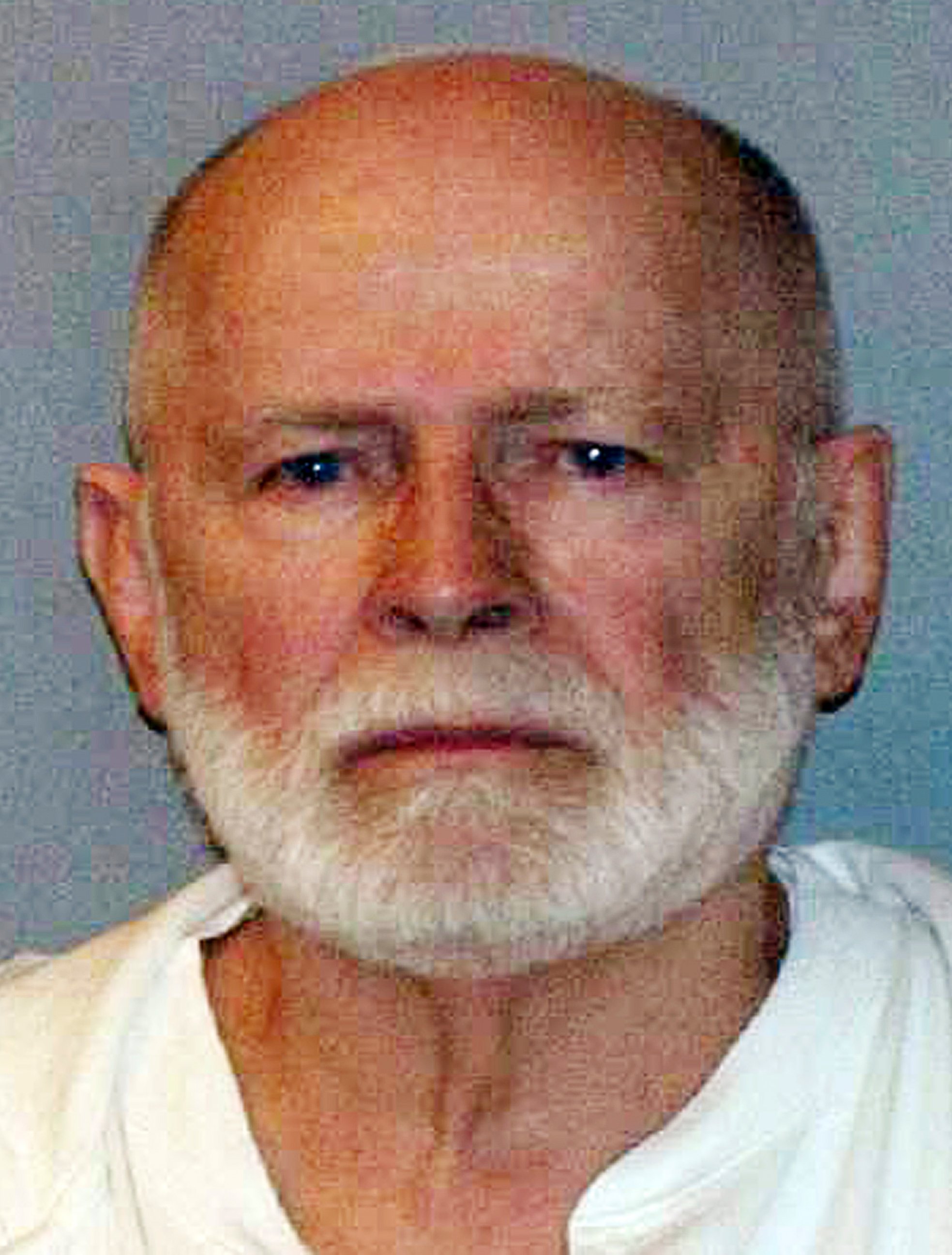Ex-FBI Agent Perjured Himself in 'Whitey' Mobster Trial, Prosecutors Say
Robert Fitzpatrick, 73, pleads not guilty to 6 counts of perjury, obstruction.
BOSTON— -- The former Assistant Special Agent in Charge of the Boston FBI field office today pleaded not guilty to federal charges of perjury and obstruction of justice in connection with testimony in the case of notorious Irish mobster James "Whitey" Bulger, prosecutors said.
Robert Fitzpatrick, the 73-year-old former number two leader of the Boston FBI office in the early- to mid-1980s, testified for Bulger's defense in the gangster's trial in 2013, which ended with a conviction and a life sentence for Bulger. Federal prosecutors said a warrant was issued for Fitzpatrick’s arrest and the former agent turned himself in today.
Fitzpatrick was arraigned on six counts of perjury and six counts of obstruction of justice, said Christina Sterling, spokesperson for the United States Attorney's in Boston. His arraignment took place in the same court where the death penalty phase of the trial of Boston Marathon bomber Dzhokhar Tsarnaev is ongoing.

In an indictment filed Tuesday, federal prosecutors said that during the Bulger trial, Fitzpatrick "made false material declarations to aid Bulger's defense" and to "enhance his own credibility as a former FBI official by making false claims about his professional accomplishments as an FBI agent."
Prosecutors said in the indictment that Fitzpatrick lied on the stand when he said that Bulger claimed to him that he didn't consider himself an FBI informant. Fitzpatrick was also allegedly lying when he claimed he tried to get the FBI to dump Bulger as an informant. Rather, prosecutors said Fitzpatrick "never advocated that James Bulger be closed as an FBI informant." For years, the indictment said, Fitzpatrick "falsely held himself out as a whistleblower who tried to end the FBI's relationship with Bulger."
As to claims unrelated to the Bulger case, but still made on the stand, prosecutors said Fitzpatrick was not telling the truth when he said he found the gun used to kill civil rights leader Martin Luther King, Jr. in 1968. While he was on the stand, the attorney questioning Fitzpatrick said it was the Memphis police who actually recovered the weapon before it was turned over to the FBI.
The indictment also accuses Fitzpatrick of lying about arresting the head of the New England Mafia, Jerry Angiulo, in 1983. Prosecutors said that arrest was made by another FBI agent in Boston.
An attorney for Fitzpatrick, Robert Goldstein, told ABC News his client "adamantly maintains his innocence and looks forward to challenging the government’s allegations in a courtroom as soon as possible.”




